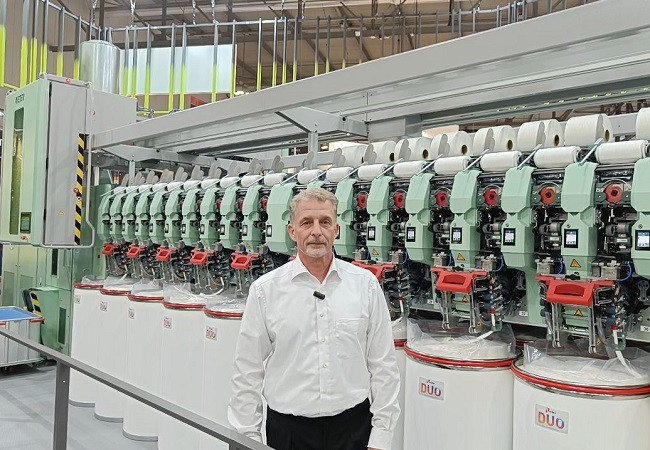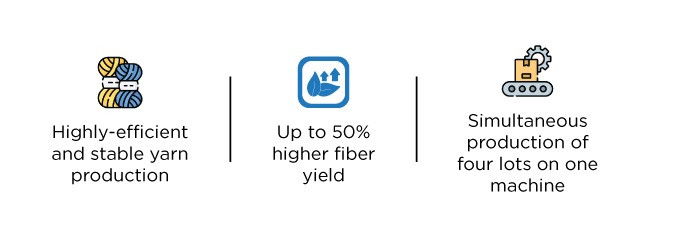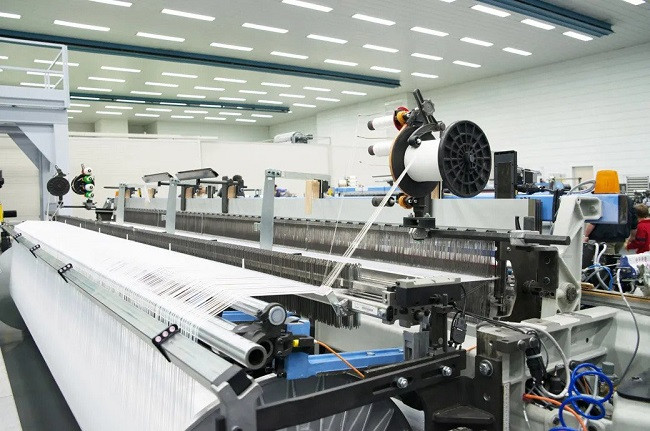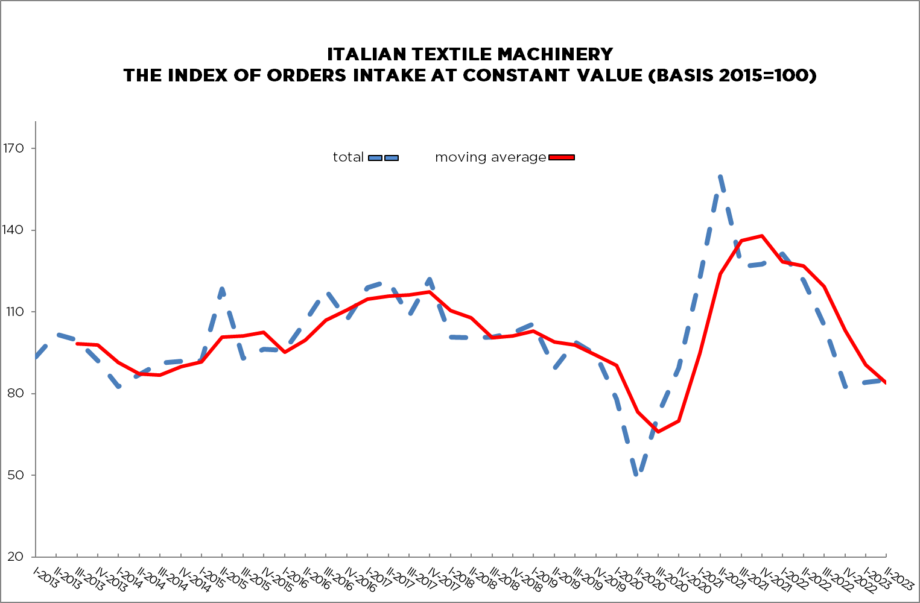IDCOL extends $20m loan to expressway project
The Infrastructure Development Company Limited (IDCOL) has extended $20 million long-term loan to Dhaka RAD Elevated Expressway Company Limited (DREECL), an SPV (Special Purpose Vehicle) formed to implement a PPP project, says a press release.
The project is designed to improve Hatirjheel (Rampura Bridge)-Shekherjaiga-Amulia-Demra Road (with link to Tarabo and Chittagong Road).
A loan agreement was signed to this end recently. The Asian Infrastructure Investment Bank (AIIB) hosted the signing ceremony at its headquarters in Beijing.
The project is being developed through a Public-Private Partnership (PPP) structure.
Being one of the key infrastructure projects of the PPP Authority of the government, the project was screened by the PPP Authority (PPPA) and granted the in-principle approval by the Cabinet Committee on Economic Affairs of the government in January 2016.
In February 2018, the Roads and Highways Department (RHD), acting on behalf of the Ministry of Road Transport and Bridges of Bangladesh (MRTB), started an open competitive bidding process for the private partner, where Asian Development Bank (ADB) acted as the transaction advisor to RHD.
In December 2021, the sponsors, China Communications Construction Company Limited (CCCC) and China Road and Bridge Corporation (CRBC), were officially appointed as the preferred awardees. The PPP contract was signed between RHD and sponsors in January 2022.
The total cost of the project is estimated at $261 million, of which $68 million would come from sponsors’ equity and $193 million from the syndication of IDCOL, AIIB, Bank of China and DBS Bank.
The signing ceremony was attended by Yang Meng, Managing Director, DREECL, Yu Jing, Deputy General Manager, CCCC, Li Changgui, Deputy General Manager, CRBC, Pronab Kumar Ghosh, Director General, PPPA, Md Enamul Haque, Project Director, RHD, SM Monirul Islam, Deputy CEO & CFO, IDCOL, Fang Ke, Director General, AIIB, Zheng Ke, China Head, DBS Bank, and Yang Shixin, Head of Structured Finance Team, Bank of China.






































